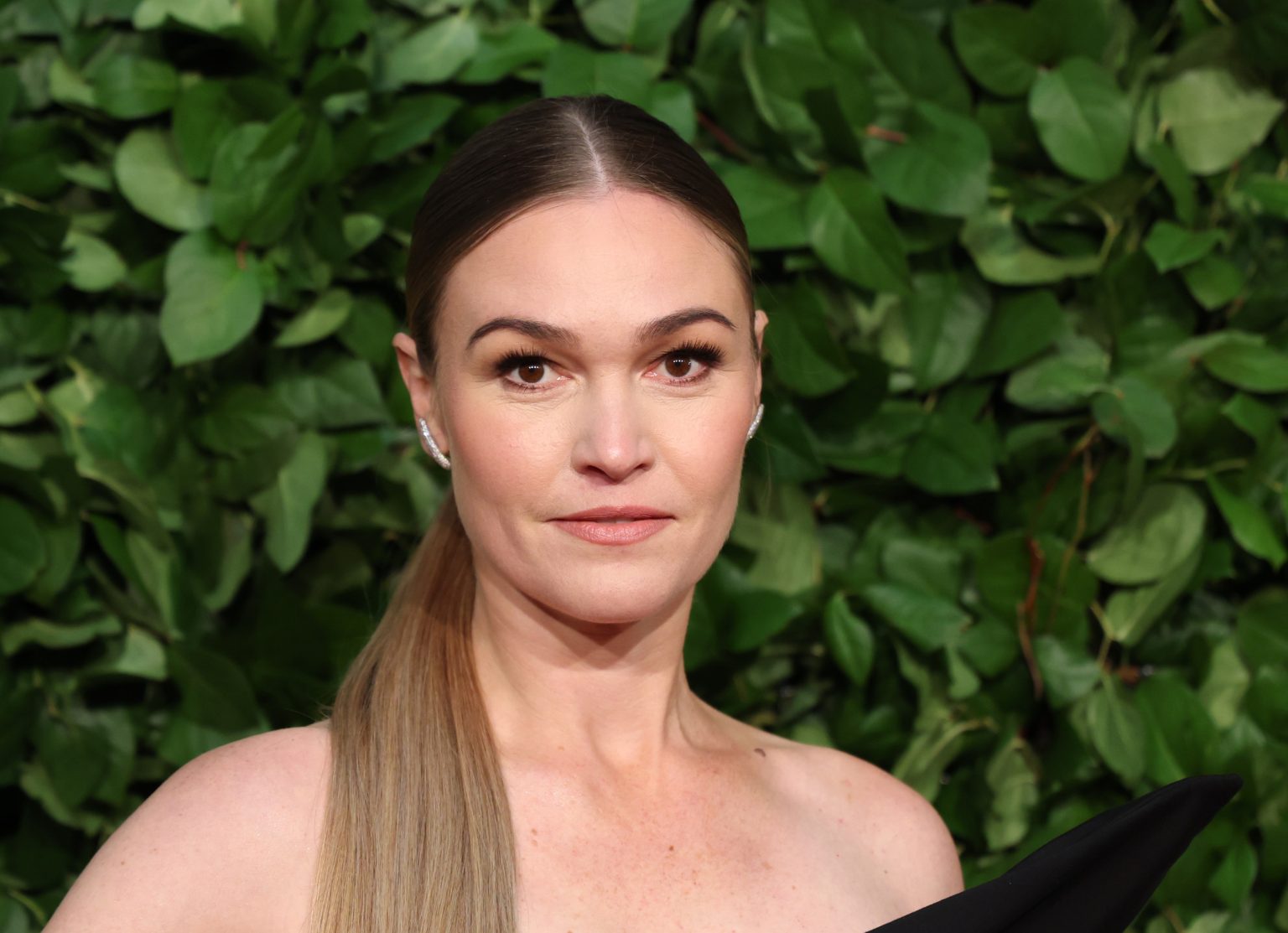Julia Stiles’ directorial debut with “Wish You Were Here” marks a significant turning point in her career, offering a fresh perspective on the filmmaking process and solidifying her passion for storytelling. Initially drawn to the project by the emotional depth and inherent hopefulness of the source material, Stiles embarked on a multi-year journey to adapt the novel and bring her vision to life. The story, centered around a burgeoning romance shadowed by terminal illness, resonated deeply with Stiles’ romantic sensibilities while also providing a platform to explore the complexities of human connection in a world increasingly reliant on digital interactions. The film’s exploration of love, loss, and the preciousness of time became even more poignant for Stiles as she navigated the challenges of bringing the story to the screen, evolving from an initial concept into a richer and more nuanced narrative.
The process of adapting and directing “Wish You Were Here” presented Stiles with a range of creative and logistical challenges, prompting her to utilize skills rarely employed in her acting roles. The film’s limited budget demanded resourcefulness and forced Stiles to make difficult decisions, including a significant script alteration that ultimately strengthened the narrative. This experience highlighted the paradoxical nature of budgetary constraints, demonstrating how limitations can often spark unexpected innovation. Furthermore, Stiles found herself grappling with the practicalities of managing time and resources, aspects of filmmaking that require a different mindset than the creative focus of acting. Consulting with experienced directors, like Doug Liman, provided valuable insights and reinforced the importance of balancing artistic vision with the realities of production.
Stiles’ approach to casting reflected her own experiences as an actor and her desire to create a collaborative and supportive environment. Choosing to bypass traditional auditions, she opted for actors whose work she admired or with whom she had prior collaborations. This allowed her to foster a sense of trust and mutual respect within the cast, empowering actors to contribute their own interpretations to the characters. Isabelle Fuhrman, whom Stiles had worked with previously, was specifically sought out for the lead role, embodying the emotional depth and resilience required to carry the film. This deliberate casting strategy fostered a collaborative spirit on set and allowed Stiles to focus on shaping the narrative rather than micromanaging performances.
Stepping into the director’s chair provided Stiles with a newfound appreciation for the complexities of filmmaking and reshaped her perspective on acting. She admits to employing tactics she had previously criticized in directors, realizing the pragmatic necessity of quick decisions and direct communication on set. This experience humbled her and fostered empathy for the challenges faced by directors, leading to a renewed sense of trust in the collaborative process. Stiles discovered the transformative power of editing, recognizing its ability to shape performances and refine the narrative in ways that are impossible to foresee during filming. This realization liberated her as an actor, allowing for a more spontaneous and less self-conscious approach to performance.
The experience of directing “Wish You Were Here” also influenced Stiles’ broader views on the film industry and her own career trajectory. She gained a deeper understanding of the business side of filmmaking, recognizing the importance of marketing and audience perception in shaping career opportunities. While expressing a preference for comedic roles, Stiles acknowledges the challenge of overcoming established typecasting and the need to strategically navigate the industry’s expectations. This newfound awareness informs her approach to project selection, emphasizing the importance of working with inspiring directors and pursuing stories that resonate personally.
“Wish You Were Here” represents a significant departure from the trajectory of a typical film debut, representing considerably more to Stiles, considering the long gestation period of the novel through to the final production. This labor of love has not only enhanced her understanding of filmmaking but also brought her into a new phase of creative confidence. The film stands as a testament to Stiles’ artistic vision, her commitment to storytelling, and her willingness to embrace new challenges. The experience has undoubtedly transformed her approach to both acting and directing, promising a future filled with even more compelling and nuanced work.

